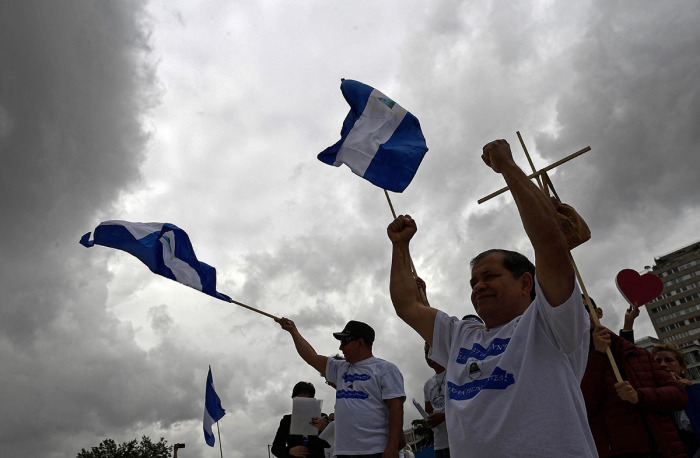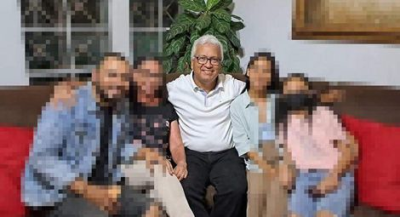
A political activist arrested during a coordinated police raid in Nicaragua has died in state custody amid a larger government crackdown on dissent and religious groups. His family was informed by forensic authorities of his death, but officials have not disclosed how he died.
Mauricio Alonso Prieto, who was detained on July 18 along with his wife and adult son, was being held at the Granada Department prison known as “La Granja,” according to the London-based group Christian Solidarity Worldwide.
The family received a call from the Institute of Forensic Medicine this week confirming his death and instructing them to collect the body, with no explanation provided about the cause, the Nicaraguan newspaper La Prensa reports.

CSW and the Segovia Institute for Leadership and Social Transformation have denounced his death. CSW’s Director of Advocacy Anna Lee Stangl said that Alonso “passed away whilst being subjected to a grave injustice at the hands of the Nicaraguan authorities.”
She urged international pressure on the Ortega-Murillo government to release all those detained in the July raids and demanded full disclosure on the circumstances of Alonso’s death, as well as reparations to his widow.
“We also call on the Nicaraguan authorities to provide full and detailed information as to what led to his death whilst in custody, and to make extensive reparations to Mr Alonso’s widow,” Stangl said.
The raid in Jinotepe, Carazo Department, initially targeted a Protestant pastor, Rudy Palacios Vargas, the founder of La Roca de Nicaragua Church Association. Also arrested were Pastor Palacios Vargas’ sisters, Arely and Jéssica Palacios Vargas, their husbands Pedro José López and Armando José Bermudez Mojica, and family friend Olga María Lara Rojas.
Alonso’s wife was released the same day of the raid, but he and his son remained in detention alongside the other six.
Those detained were held incommunicado for 10 days at the 3rd Police District.
On July 28, the news outlet 100% Noticias reported that they had been transferred to La Granja, a severely overcrowded prison, where they were subjected to a virtual hearing and charged with treason and conspiracy.
Alonso’s son, who is part of the worship team at Pastor Palacios Vargas’ church, remains imprisoned.
The church has been a consistent critic of President Daniel Ortega’s administration since the 2018 protests against pension and social security reforms, during which Palacios Vargas denounced the government’s use of force against student demonstrators. In 2019, La Roca de Nicaragua Church Association was stripped of its legal status by the government.
Nicaragua’s government has faced mounting international criticism over its treatment of religious groups and civil society.
In March, the country withdrew from the United Nations Human Rights Council, two days after the release of a U.N. report accusing the Ortega administration of systematically suppressing human rights, democracy and religious freedom.
One of the U.N. experts, Ariela Peralta, said earlier that the Nicaraguan government appeared to be “at war with its own people.” The administration has claimed that reports by the U.N. and other international bodies are false and part of a smear campaign. Vice President Rosario Murillo, who is also the president’s wife, dismissed the U.N. findings as “slander.”
Religious communities, particularly Catholic institutions, have faced increasing restrictions. A 2018 law regulating foreign funding for NGOs enabled the government to revoke the legal status of thousands of organizations. Although many groups were affected, Catholic institutions, which sheltered student protesters in 2019, have been among the most heavily targeted.
In an earlier report titled “Total Control: The Eradication of Independent Voices in Nicaragua,” CSW documented 222 cases of religious persecution involving thousands of victims. The report noted the cancellation of religious events and public processions, along with surveillance and restrictions placed on religious leaders, including mandatory weekly check-ins with the police and approval of their activity schedules.
CSW also reported that 46 religious leaders were arbitrarily detained in 2024, some for short periods and others held long-term.
















